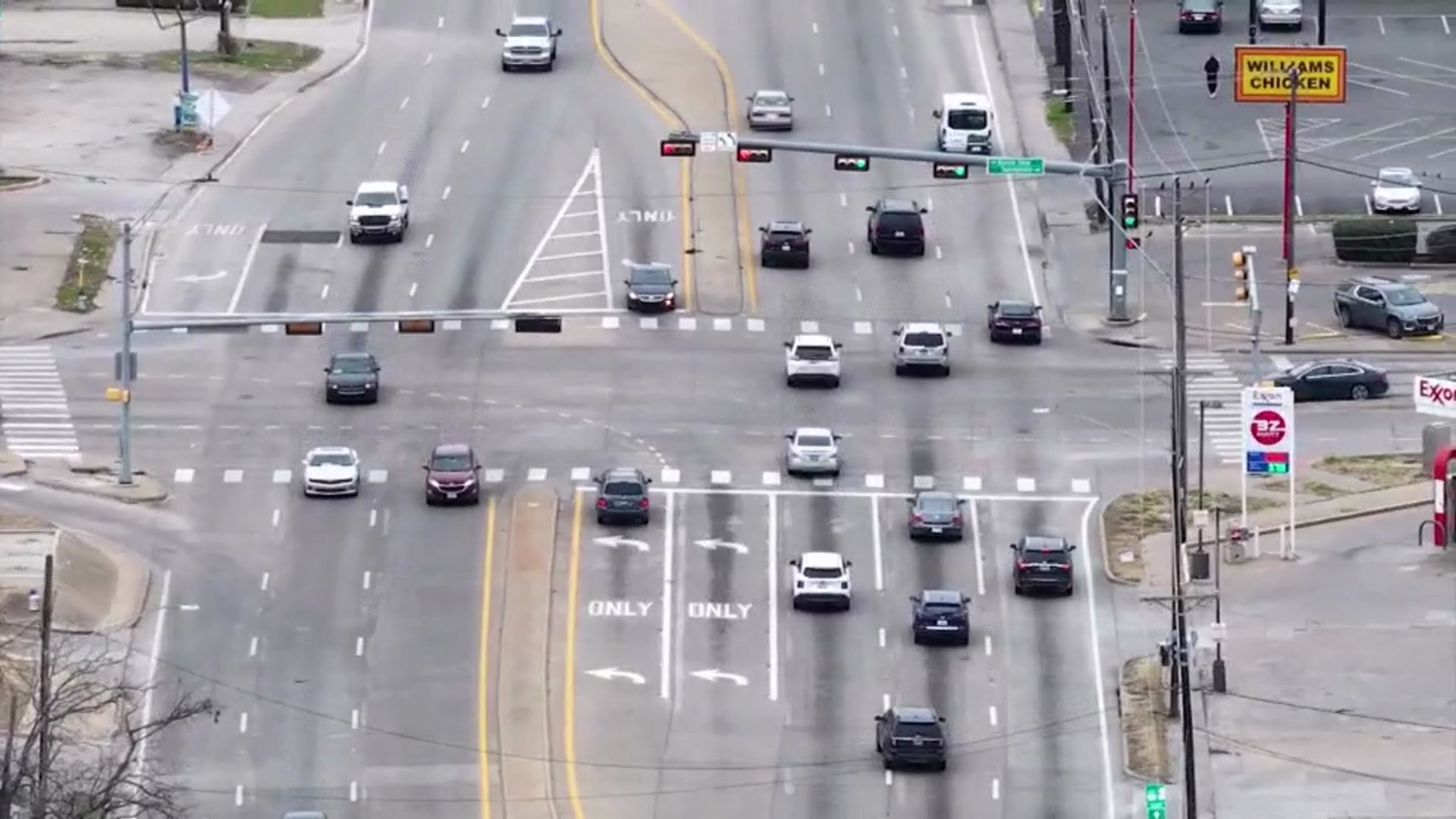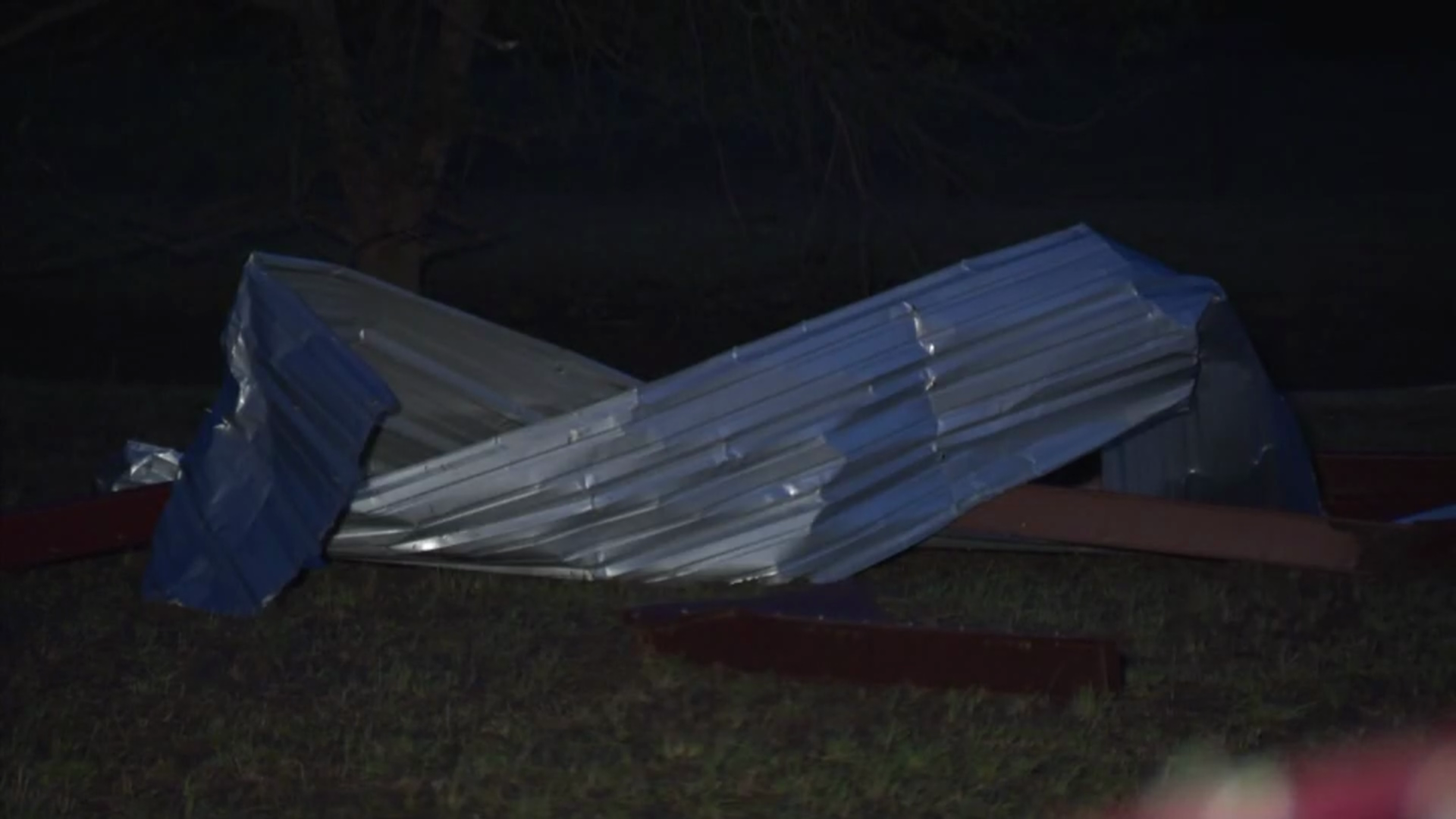Mounting research shows that firefighters are more likely to develop cancer than the general public. But there are few studies that go deeper into the issue. Now the Fort Worth Fire Department is stepping up to shed light on a critical issue for the fire service.
"A lot of us feel like we were born for this job," said Fort Worth Firefighter Ritchie Martin.
At just 33-years-old, Martin has already spent 12 years with Fort Worth Fire.
"You hire onto this job with the expectation that if you get hurt, you're going to get taken care of," Martin said.
And then last fall he was diagnosed with stage 4 Hodgkin’s lymphoma.
"There's nothing harder than going to your family and telling them 'hey I've got cancer,'" said Martin.
It only got worse when worker's comp denied his claim, arguing his disease wasn't caused by his job.
Local
The latest news from around North Texas.
"It just adds to the frustration of being sick," said Martin.
"We can do better and we need to do better," said Fort Worth Fire Chief Jim Davis.
Chief Davis wants to lay the groundwork to better care for his firefighters. That starts with good research proving the links between what they breathe and absorb on fire scenes with their risk for different cancers.
So the department is partnering with UT Southwestern's Moncrief Cancer Institute and applying for a federal research grant. If the funding comes through, firefighters will voluntarily sign on to turn over their health-related data.
"From the point of hiring through different points of their career, their lab work, their physical exams and stuff like that would be entered into research," said Chief Davis.
Davis hopes it will lead to earlier detection, better treatment, and a clearer path to line-of-duty benefits.
"Not just our people today but it helps the future of the fire service tomorrow," Chief Davis said.
To Ritchie Martin, it's a step in the right direction.
"The more data there is out there that can link these things back to our job, the easier these cases are going to be to win," Martin said.
He's now in remission and heading back to serve others in a job he loves.
"It makes it hard to walk away from it," Martin said.
Even though he knows what the price could be.
"What do you do?" he said, shrugging his shoulders.
Chief Davis is also working to get better cleaning equipment and extra gear for his firefighters to limit the time they spend wearing potentially contaminated clothing. He also wants to put in place better physicals to track the earliest signs of a problem.



